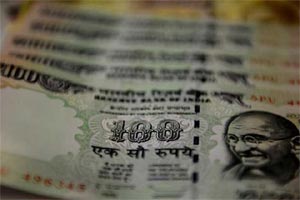Over the past few months global commodity prices have declined, as the Chinese economy slowed down. That led to the value of mines, oilfields and industries dependant on natural resources declining substantially. A study conducted by The Economist has concluded that crony capitalism, which was considered as a by-product of the surge in globalisation over the past two-and-a-half decades, seems to be coming down across the world.
In fact, crony billionaire wealth has been shrinking steadily and has fallen 16% since 2014 to $1.75 trillion now. While in the developed world crony wealth is slated to be around 1.5% of GDP, in emerging markets it has fallen to 4% from a peak of 7% in 2008. A good indicator is the fact that developing economies account for 43% of global GDP, but 65% of crony wealth.
While India is still ranked ninth, billionaire wealth as a share of GDP, which was at a dangerous 18% in 2008—where Russia is right now—has come down sharply to 3% this year, matching the level of Australia.
This has happened as the government is getting tough on corruption and state-owned banks have been asked to be careful while doling out loans. Many Indian billionaires today are from non-licensed industries. The numbers may be indicating a clean-up, but India’s rank remains the same. So, some things still have to change. China, which has the highest concentration of billionaire wealth ($360 billion) is ranked 11th when the data is compared as a share of the country’s GDP. That’s also because the index looks at individuals who have a declared wealth of over a billion dollars.
To keep away from the limelight, there are hundreds of cronies in China who lie below the radar.
Crony capitalism becomes the norm in industries where there is some form of rent-seeking—land, labour, capital—which can be used to extract more gains than in a competitive market. This happens in industries where there is greater interaction with the state or is licensed, such as telecommunications, mining and real estate.
Russia leads the world in crony billionaire wealth as a percentage of GDP, followed by Malaysia, the Philippines, Singapore and Ukraine. While corruption is under check in Singapore, the city state makes it to the list because of the role it plays as an entrepot centre for its neighbours. The US is ranked 16 among 22 countries on the list.



